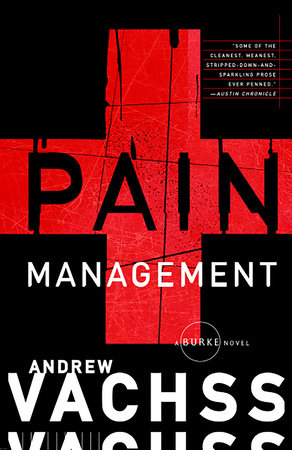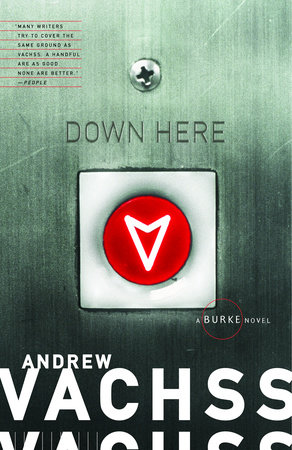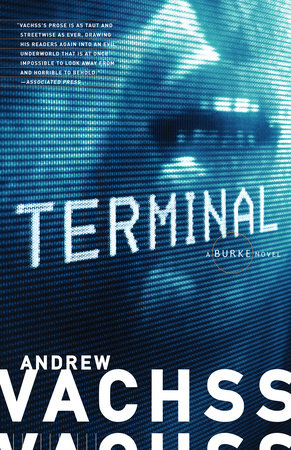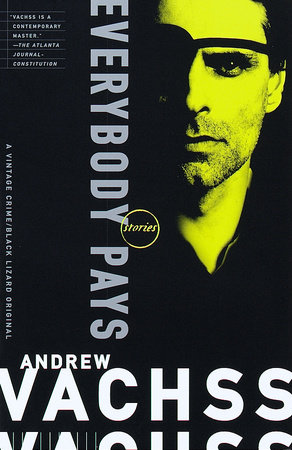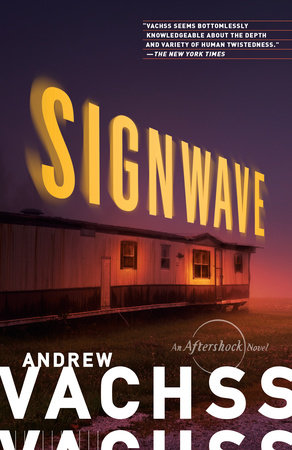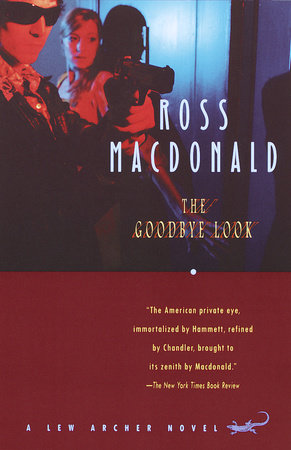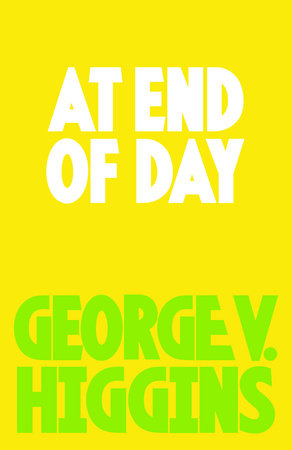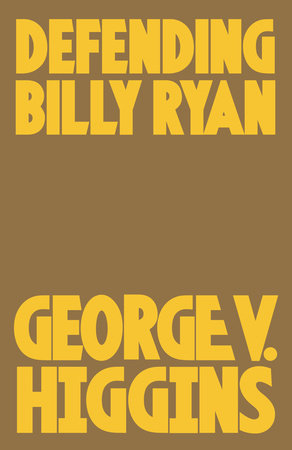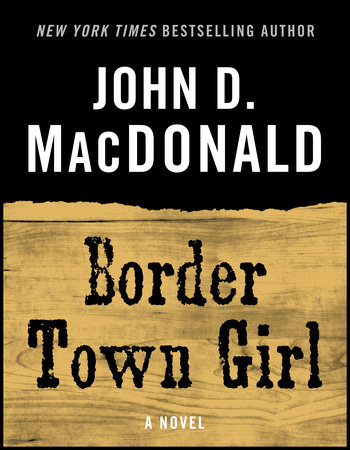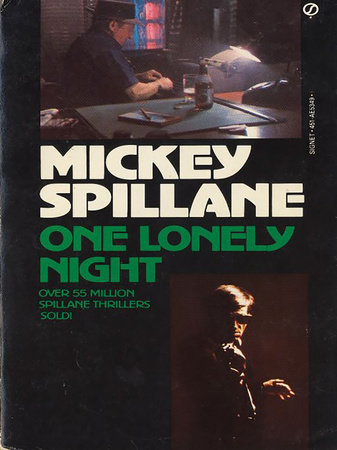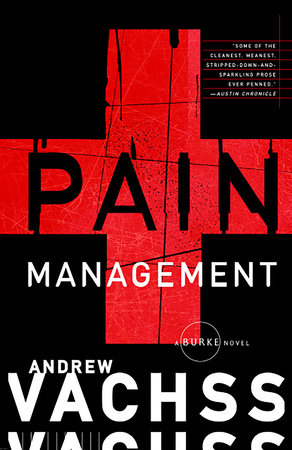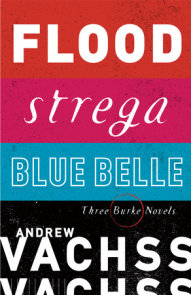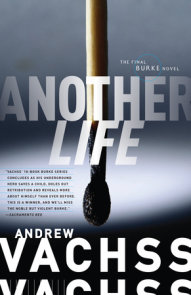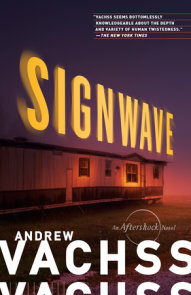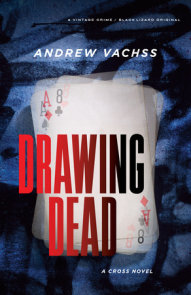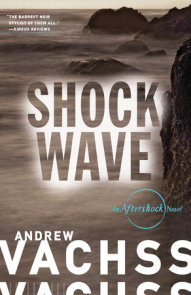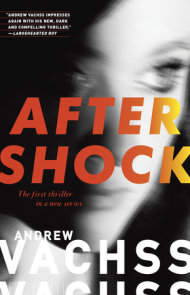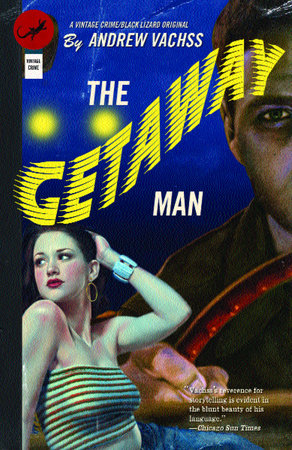Author Q&A
A Conversation with Andrew Vachss, author of Pain Management
Q: Prior to becoming a practicing attorney you worked in public health, juvenile detention centers, prisons, and other social service facilities. What led you to the justice system and specifically to juvenile defense and child abuse law?
A: What led me to the criminal "justice" system, originally, was too many friends of mine doing time who spelled it "just us." What eventually drove me to child protection was the inescapable truth that, despite the pious "It Takes A Village" rhetoric of politicians and pontificators, the family is still the primary incubator of terror in America. And, when the family fails, the few safety nets we provide are meshed so loosely that most kids fall straight into one hell or another.
After years on the front lines, I realized that my refusal to accept the "go along to get along" mentality of "helping" agencies made working for others impossible. I spent much of my "professional" life at odds with the bosses. After a long string of "disciplinary actions," suspensions, and firings, I finally accepted that, if I wanted to stand up in my chosen field, I’d have to stand alone, then pick my own comrades.
Q: You practiced law roughly ten years before your first novel, Flood, was published in 1985. What inspired you to write?
A: I have awesome respect for the power of language. The difference between "child prostitutes" and "prostituted children" is cosmic. Books such as Scottsboro Boy and Cell 2455 Death Row hit me like a sledgehammer when I was a kid. The child protective movement is a war, and I saw writing as a powerful weapon. My first book was actually a textbook. It received wonderful reviews, but its impact was confined to professional circles. I wanted a much larger jury, and finally figured out that fiction was the way to do it. I never imagined how well it would work out, and I intend to ride this train as long as folks keep buying tickets.
Q: What sort of research do you do for your novels?
A: I live my life, listen well, and report accurately. The combination of being a federal investigator in sexually transmitted diseases, a caseworker in New York, my experiences during the (failed) war of liberation in Biafra (now Nigeria), my work as a professional organizer, stints as everything from juvenile probation officer to directing a re-entry center for urban migrants in Chicago and another for ex-cons in Boston, to running a maximum-security prison for violent juvenile offenders—all before I went near a law school—followed by a practice which initially combined criminal defense with child protection, and segued into the latter exclusively after the success of the books made it unnecessary for me to represent the collection of shooters, stompers, and stabbers who formed my first clientele, there has never been a shortage of material. The manual labor I did to support myself throughout acquiring an education—furniture mover, fruit picker, factory worker, cab driver, etc.—helped, too. As did my years as a drifter and a gambler. I don’t need reference books to write my novels. And if I were granted one wish, it would be that the material which forms their foundation was entirely fictitous.
Q: Pain Management makes a strong statement about the power of drug companies and the medical establishment in our country—especially when it comes to helping people with chronic pain. What inspired you to pursue this topic?
A: Rage. Personal experience. And the overwhelming, even shocking, reaction to a short story I wrote called Dope Fiend. So many people have watched their loved ones die in excruciating pain—pain that was ignored or trivialized by a medical establishment held hostage to the "Just Say No" morons-and-moralists who control our so-called "drug policies." I wanted to respond with a deeper, harder look at the realities. To refuse a dying person more morphine because we don’t want him to die a "drug addict" isn’t just stupid, it’s absolutely evil—and that evil is a fact of life for millions of Americans. This has to change. I’m always told that my books make people very angry. For this one, I damn sure hope that proves to be the case.
Q: Your ex-con protagonist, Burke, has been described as, among other things: private investigator, mercenary, vigilante, con man, anti-hero, survivor, cynic, and even romantic. How would you describe him?
A: As the prototypical abused child: hyper-vigilant, distrustful, and homicidally dangerous when his loved ones are threatened. As a patriot, whose country is whatever space is currently occupied by himself and his family-of-choice. As a scar-carrying member of a vast tribe I call "Children of The Secret." As a career criminal, who hates the State that raised him in orphanages, foster homes, mental health facilities, and juvenile prisons. As a man with a pathological hatred of humans who prey on children. And as a man whose entire sense of self is defined by the family he helped create. Burke is also something of a "psychiatric mirror," in that readers tend to see themselves in him—the good, the bad, or both. What Burke isn’t is a Chandleresque "white knight" PI. He’s a man for hire, and there aren’t too many things you can’t hire him to do.
Q: Burke’s surrogate family is comprised of many colorful and dangerous characters—Max the Silent, The Mole, Mama, the Prof. What binds them together, and why is Burke without most of them in this novel?
A: What binds them together, tighter and deeper than biology ever could, is that they chose each other. For them, "family" is an operational concept—a series of behaviors driven by love, not by DNA. Every member has to "prove in," and they all know that love isn’t an emotion; it’s a behavior. They’re not a surrogate family in any way; they are a family, in the truest meaning of the word.
But this isn’t Doc Savage or the A-Team. Burke’s family isn’t exportable. They are rooted in New York, where they have survival down to a science, and crime down to an art. In fact, one of the overpowering stressors in Burke’s life in Portland is his disconnection from his family.
Q: So then why choose to take Burke out of New York City for this novel? Why Portland?
A: I’ve taken Burke out of New York before—to Indiana, for example. Because the series has a true chronology—the characters age throughout the books—and because the books are presented sequentially, what drives each plot is the truth of the impelling events. Burke had to be out of New York to cement the rumor that he was dead. I picked Portland for the same reason I’ve picked other areas; I can write about them from personal knowledge, not library research.
Q: Has your writing changed over the course of the past two decades? Has crime in America changed? Has Burke?
A: I don’t know if my writing has changed. Crime never does. That is, same crimes, different methods. The Internet has opened new vistas for predators, but it didn’t create them. The breakup of the Soviet empire has spawned new opportunities for large-scale arms dealing, but it didn’t turn otherwise good citizens into gun runners. People come to Times Square now to take pictures, not to buy them—but you can still buy those same pictures elsewhere. Every new contraband creates a new criminal opportunity.
Burke changes all the time. In this new book, and for the ones following, he has a new face, courtesy of a failed assassination attempt. Because Burke is, above all else, a survivalist, the one constant in his life is change.
Q: What is next for you? For Burke?
A: For me, nothing will change. I enlisted in this one for the duration. Writing books is an organic extension of my front-line work—the propaganda arm of that same war. And for Burke, it’s time to go back to the only home he’s ever known. I’m working on a new one now, set back where Burke belongs. If it works, readers will learn something. And it will make them angry.
